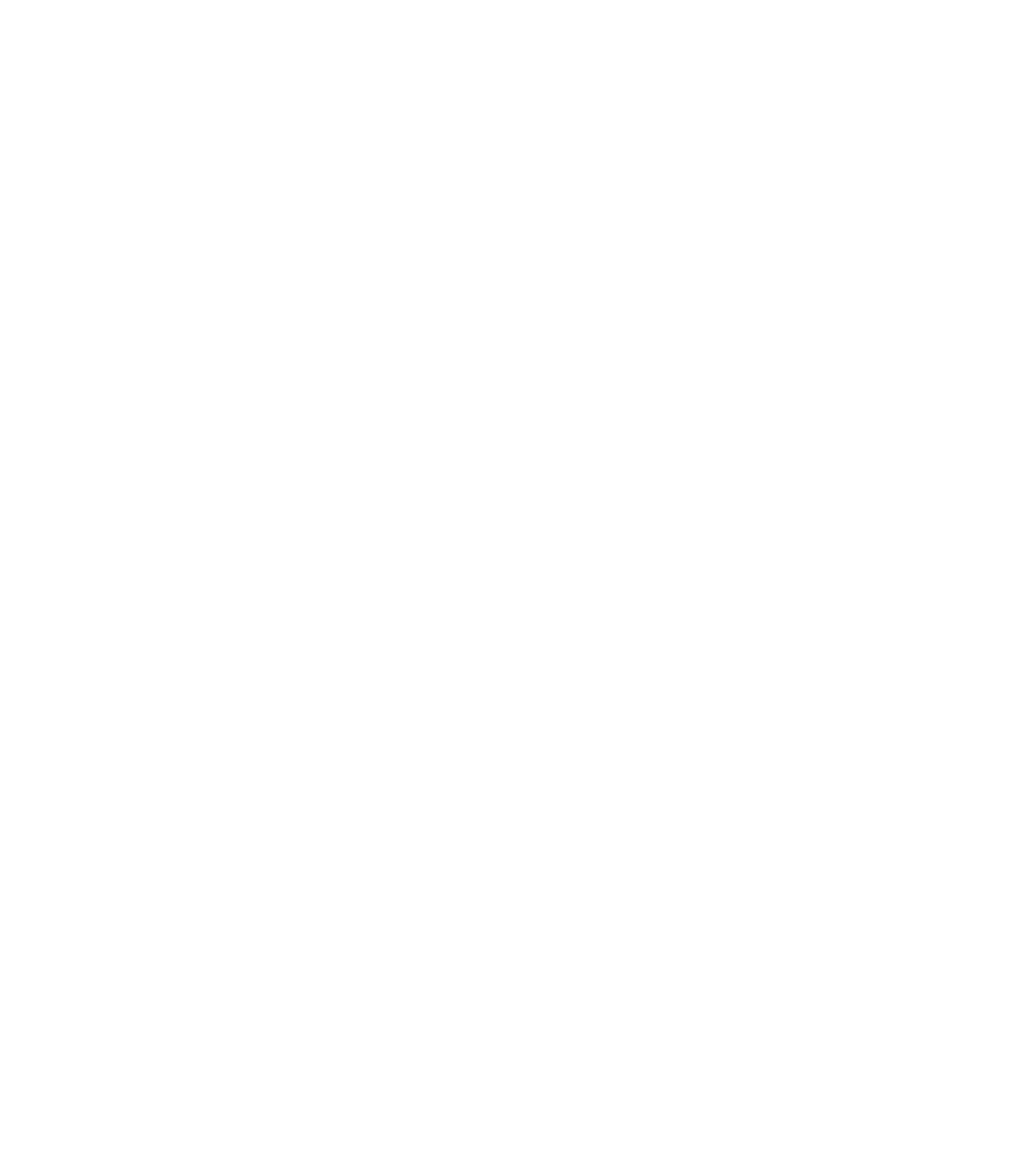If you're struggling with a mental health condition, you're not alone. Millions of people worldwide face mental health challenges that can impact their daily lives. Fortunately, there are various treatment options available, including cognitive behavioral therapy (CBT) therapy. In this article, we'll explore what CBT therapy is, how it can help with mental health conditions, and how to find certified CBT therapists near you.
What is CBT Therapy?
Cognitive-behavioral therapy is a type of psychotherapy that aims to help people identify and change negative patterns of thinking and behavior. CBT therapists work with their clients to develop strategies that challenge and modify negative thoughts and beliefs. Techniques used in CBT therapy may include cognitive restructuring, exposure therapy, and problem-solving skills training. There are different types of CBT therapy, including individual therapy, group therapy, and online therapy.
What is DBT?
If you are struggling with severe emotional regulation issues, you may want to look into DBT therapy. DBT, or Dialectical Behavior Therapy, is a type of cognitive-behavioral therapy that focuses on developing skills to improve emotional regulation. To learn more about DBT therapy, check out this article on What is DBT.
CBT and DBT are both forms of therapy that fall under the umbrella of cognitive-behavioral therapy. While they share some similarities, such as focusing on changing negative patterns of thinking and behavior, they differ in their approach to emotional regulation. DBT is specifically designed to help people with severe emotional regulation issues, whereas CBT can be used to treat a range of mental health conditions.
Types of CBT Therapy
There are different types of cognitive-behavioral therapy available, including:
- Individual Therapy: This is a one-on-one treatment approach that involves meeting with a certified therapist in person or online. During individual therapy sessions, the therapist and client work together to develop a treatment plan that addresses the client's specific mental health concerns.
- Group Therapy: This involves meeting with a group of people who share similar mental health challenges. Group therapy sessions may involve skills training, role-playing, and homework assignments.
- Online Therapy: This allows people to receive CBT therapy from the comfort of their own homes through videoconferencing, messaging, or phone calls.
What is DBT Therapy?
If you are struggling with severe emotional regulation issues, you may want to look into DBT therapy. To learn more about DBT therapy, check out this article on What is DBT therapy.
Finding CBT Therapy Near Me
When looking for cognitive-behavioral therapy near you, it's essential to find a certified therapist who has experience treating your specific mental health condition. There are various resources you can use to locate certified CBT therapists near you, including online directories, insurance websites, and mental health organizations. It's also important to check if your insurance covers CBT therapy and if the therapist you're interested in accepts your insurance.
Depression and Headaches Link
It's essential to recognize the link between mental health conditions and physical symptoms. According to a study published in the Journal of Headache and Pain, there is a strong link between depression and headaches. If you are experiencing both depression and headaches, it's important to seek professional help to manage both conditions effectively. To learn more about the link between depression and headaches, check out this article on the depression and headaches link.
What Happens During CBT Therapy Sessions?
During CBT therapy sessions, the therapist and client work together to identify negative patterns of thinking and behavior. The therapist helps the client develop strategies to challenge and modify these patterns, which may include cognitive restructuring, exposure therapy, and problem-solving skills training. CBT therapy sessions typically last between 45 and 60 minutes and may occur weekly or bi-weekly. The number of sessions required varies depending on the individual's mental health condition and the severity of their symptoms.
Marriage Therapy
CBT therapy can also be useful for couples experiencing relationship issues. Marriage therapy, also known as couples therapy, is a type of therapy that involves both partners working with a therapist to improve their relationship. To learn more about how CBT therapy can help improve relationships, check out this article on Marriage therapy.
Pros of CBT Therapy
CBT therapy has several benefits that make it an effective treatment option for mental health conditions. These include:
- Evidence-Based: CBT therapy is evidence-based, which means it has been extensively studied and proven to be effective for many mental health conditions, including anxiety, depression, and PTSD.
- Short-Term Treatment: CBT therapy is a short-term treatment option, with most people seeing significant improvements within 12 to 16 weeks.
- Practical Skills and Strategies: CBT therapy provides people with practical skills and strategies that they can use in their daily lives to manage their mental health condition effectively.
Conclusion
If you're struggling with a mental health condition, seeking treatment is an essential step towards recovery. CBT therapy is a highly effective treatment option that can help you identify and change negative patterns of thinking and behavior. By finding certified CBT therapists near you, you can receive the support you need to manage your mental health condition effectively. Remember, it's important to prioritize your mental health and seek professional help when needed.
